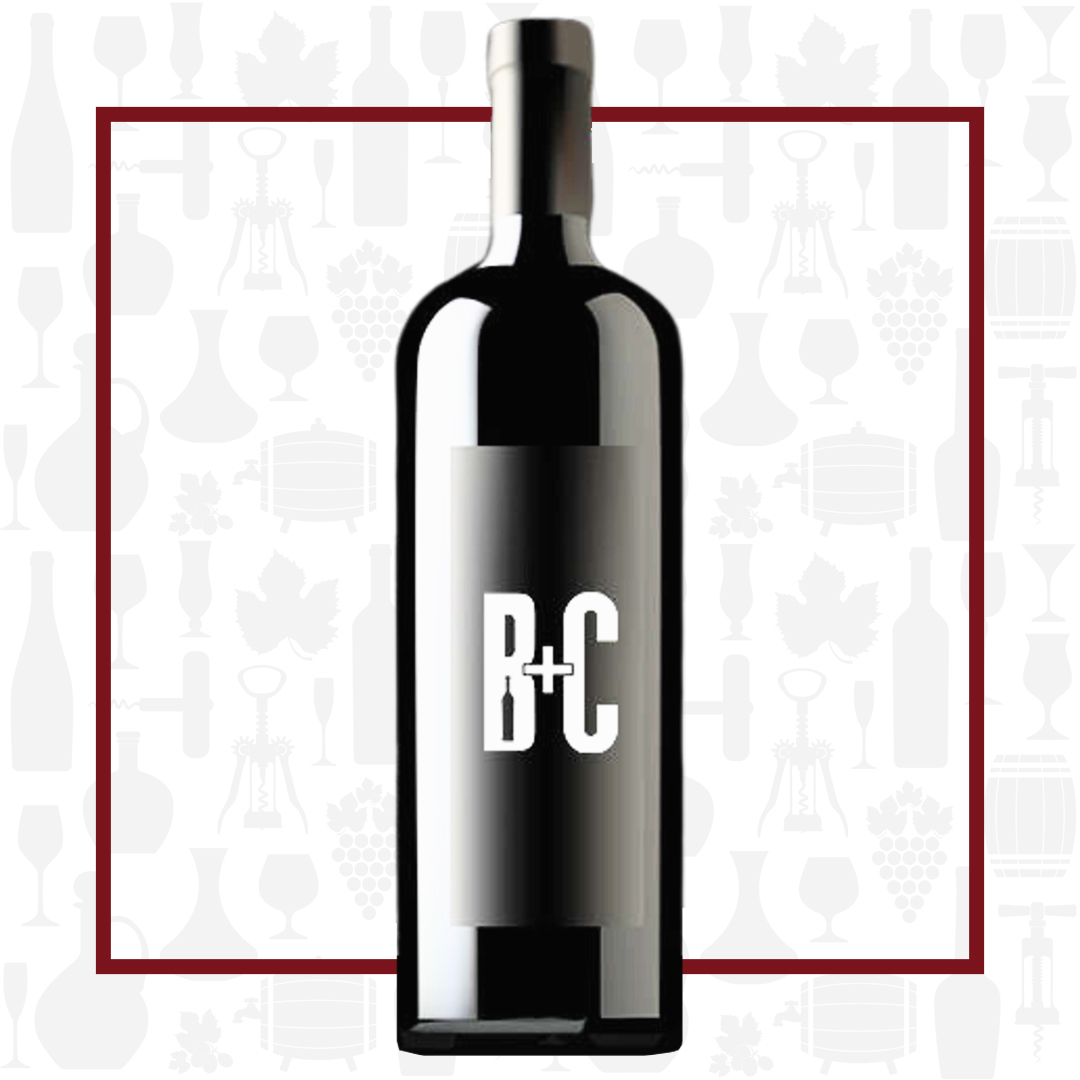Cellar Profile
The Erzetič family’s agricultural tradition dates to 1725, when patriarch Martin established the farm in the quaint village of Visnjevik, hidden in the midst of the Brda hills. Now under the stewardship of young Andrej Erzetič, the steep, terraced vineyards are farmed organically, with varying exposures and microclimates. The property sits at 300 meters above sea-level, the highest of any winery in the region. Their specialty, as you’d expect from the region, is the yellow-skinned Ribolla Gialla, known locally as “Rebula”. Grapes are harvested by hand and the wines are crafted in small batches. Erzetič’s wines are at once powerful and elegant.
Region
Erzetič is located within Brda, in the Littoral wine region of Slovenia. The Brda district borders the Italian wine region of Friuli-Venezia Giulia with the Gorizia Hills Denominazione di origine controllata (DOC). The westernmost Slovene winegrowing region acts like a pocket between the subalpine hills and the Friuli plain. This region was one of the first in Slovenia to make a concentrated attempt at establishing an international reputation for quality. Slovenia has a diverse geography which provides a wide variety of microclimates. While considered to be a continental climate, the Brda region also has a Mediterranean influence.
Vineyard
The Erzetič estate is comprised of several vineyards, all within the town of Višnjevik. The property has been owned and operated by the Erzetič family since 1725, when it was purchased by Martin Erzetič. The vineyards are comprised of terraces with single Guyot trained vines, with a density of 4000 plants per hectare, on soils made up of marl and schist. The Erzetič family practices biodynamic farming with organic certification. The Pokalca vineyard was planted in 2012 with the first vintage being produced in 2014.
Winemaking
After undergoing 3 weeks of maceration, grapes were pressed followed by fermentation using only indigenous yeast. Once fermentation was complete, the wine was split into 50% large oak barrels and 50% small barriques (both French & Slavonian) to age for 12 months. Once aging was complete, the wine was filtered and bottled.
Varieties
Schiopettino (aka Pokalca) is grape variety autochthonous to the Brda region of Slovenia, as well as to the Friuli region of Italy. The name was derived from the popping sound the grape makes when bitten into. The grape was nearly lost to extinction following the phylloxera epidemic of the late 19th century, after which vineyard owners decided against replanting the variety in favour of French wine grapes.
Tasting Notes
A wine of dark ruby red colour with slightly purple hues. The nose is full of violets, pepper and spices. On the palate it develops into a mature wine with a youthful acidity; pleasantly fruity with florals, tobacco and pepper. The finish is long with minerality, spice and grippy tannins.

